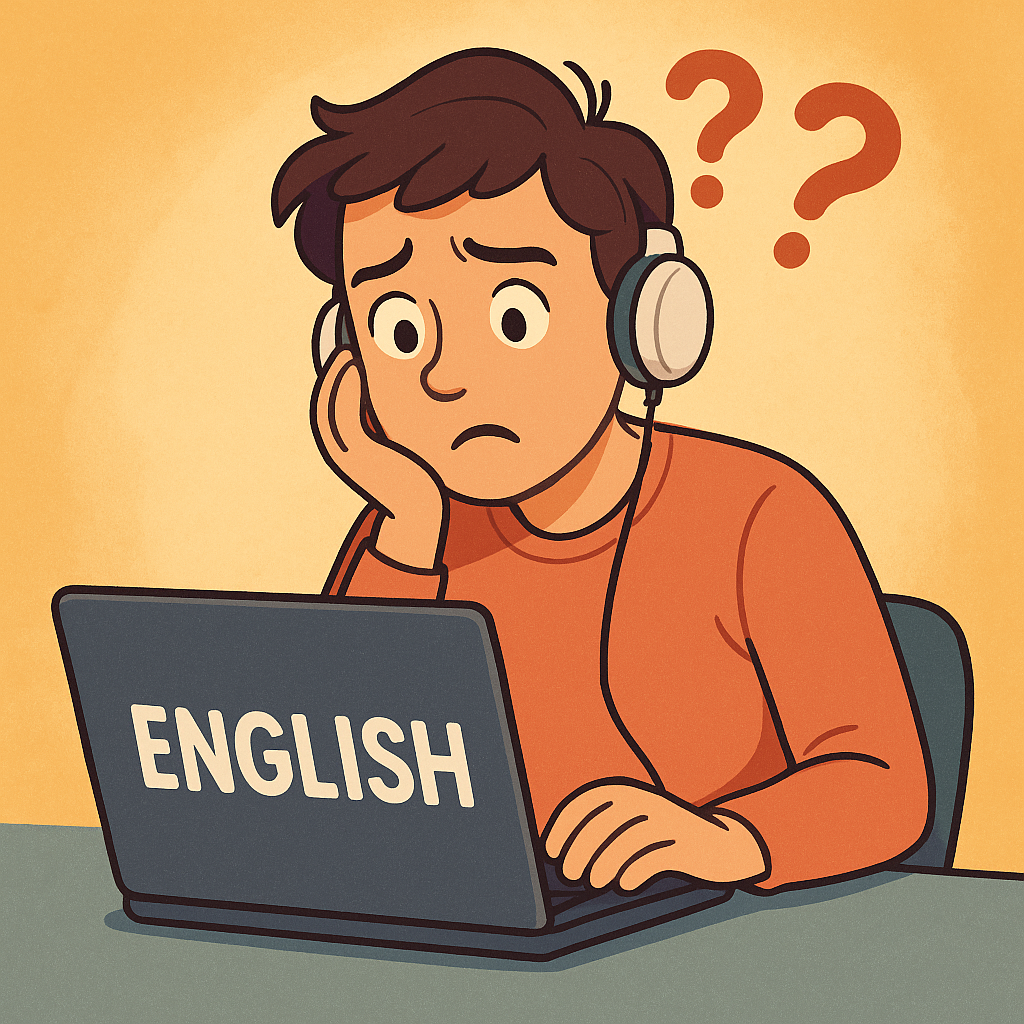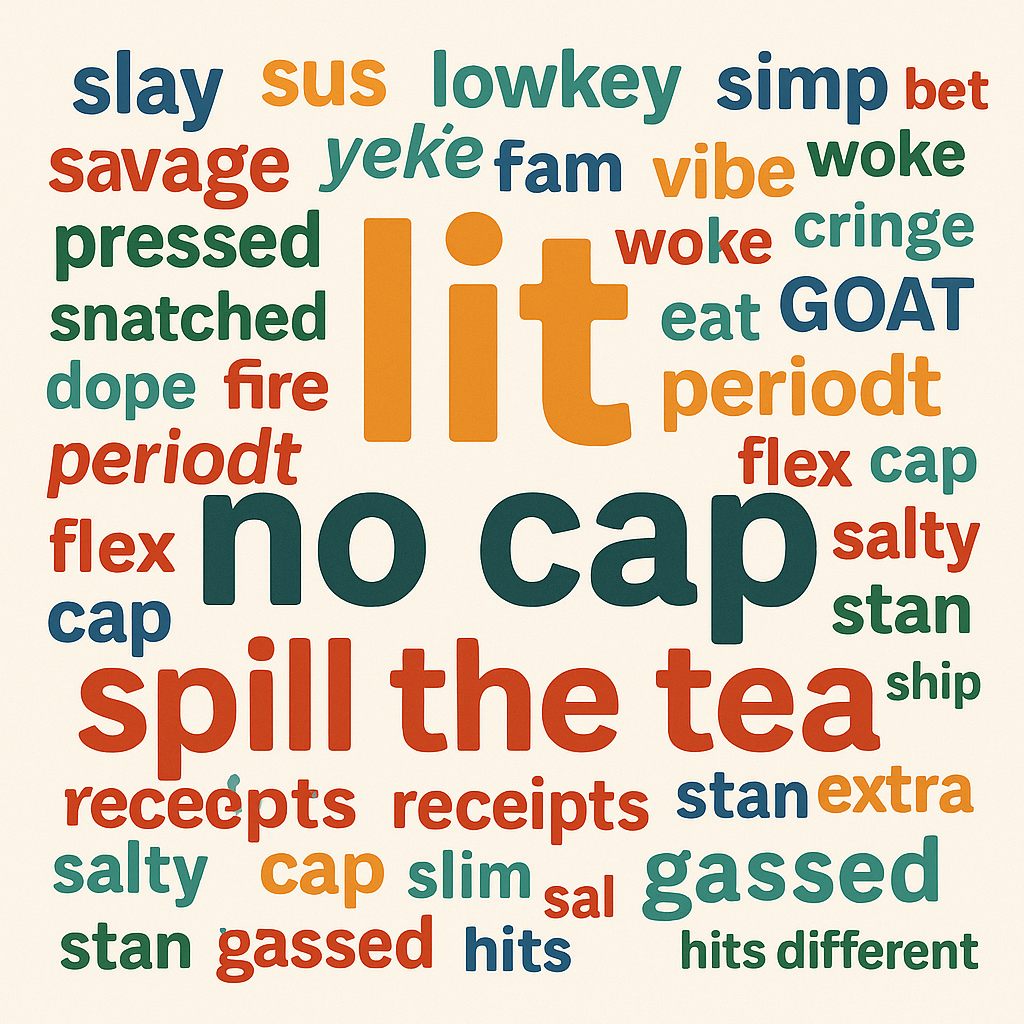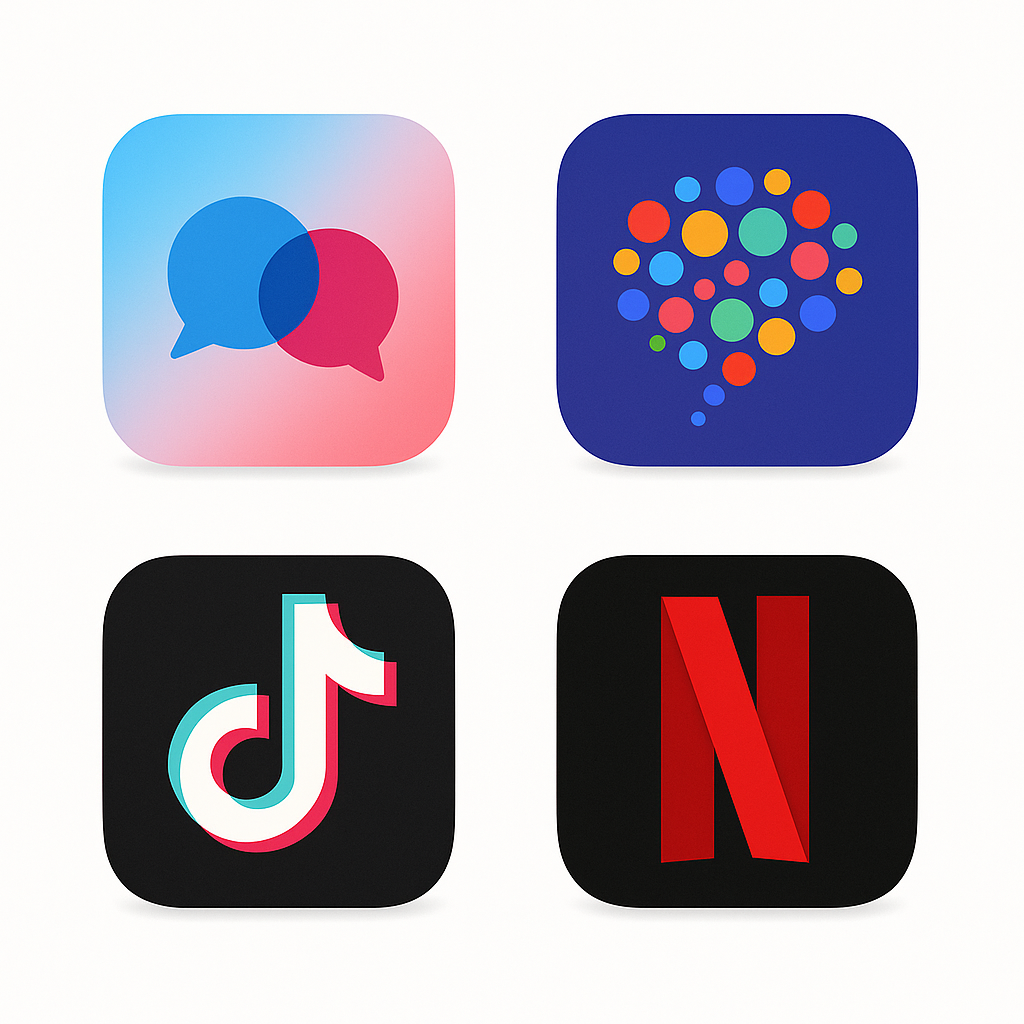Ever delivered a PowerPoint deck full of perfect grammar only to have your friends ask, “Dude, what are you, a robot?” Time to close the gap between your stiff, formal English and the actual lingo people use. In this post, we’ll dissect formal vs informal English, serve you the Top 10 slang expressions of 2025, and slip in practical tips to sound less like an essay and more like someone with real friends.
What Are Formal and Informal Expressions?

Formal English is that prim and proper cousin you only invite to weddings and board meetings. Think complete sentences, no contractions, and vocabulary so polite it sends thank-you notes. Perfect for academic papers or polishing your emails with a Grammar Checker.
Informal English, on the other hand, is your weekend warrior: contractions (“can’t,” “they’re”), colloquialisms, and the juicy everyday English phrases you won’t find in dusty textbooks. If you need a primer on keeping things simple but effective, check out this guide on simple sentences in English.
Why Bother with Slang and Everyday Phrases?
- No More Deer-in-Headlights Moments: Quit starring blankly at the screen when a friend says “spill the tea.”
- Real-World Fluency: Grammar rules won’t save you when someone texts “that party was lit.”
- Instant Rapport: Using the right slang makes you sound like you actually belong.
For extra credit, explore some lesser-known English idioms that even some natives forget.
Top 10 Modern Slang Terms in 2025
Here’s a cheat sheet of slang expressions you’ll hear in 2025. Each one comes with an example so you don’t embarrass yourself.

- Lit – Insanely good or exciting.
“That festival was lit, I still can’t feel my legs.” - No cap – I’m not lying.
“I finish all my projects early, no cap.” - Spill the tea – Dish the gossip.
“Okay, spill the tea—what happened at the meeting?” - Bet – Agreement or confirmation.
“You down for coffee?” “Bet.” - Ghost – Disappear suddenly.
“She ghosted after our second date.” - Flex – Show off.
“He always flexes his gaming setup on Instagram.” - Sus – Suspicious.
“That job offer sounds sus—it’s too good to be true.” - Tea – Gossip (shorthand for “spill the tea”).
“Got any fresh tea about the new manager?” - Low-key – Secretly or slightly.
“I’m low-key obsessed with retro sneakers.” - High-key – Definitely or obviously.
“I’m high-key excited for the long weekend.”
Need more phrase practice? Try diving into phrasal verbs for business English if you ever decide to adult properly.
How to Use Informal Expressions Naturally
- Match the Mood: Don’t drop “no cap” in your boss’s review—save it for your friends.
- Shadow Native Content: Mimic dialogues from vlogs, Netflix shows, or TikTok clips. Pause, repeat, and steal their intonation.
- Journal Your Jargon: Keep a running list of new slang and example sentences.
- Blend Formal with Casual: In semi-formal chats, slipping in one or two informal phrases makes you approachable but still professional.
For definitions and usage notes, the Cambridge Dictionary is a solid external resource. When you’re brave, check out niche meanings on Urban Dictionary—just trust no one too much there.
Practical Tips for Real-World Fluency

- Language Exchange Apps: Swipe right on Tandem or HelloTalk to chat with natives who will tolerate your mistakes.
- Social Media Immersion: Follow English-speaking creators—catch trending slangs as they drop.
- Transcript Deep-Dive: Read subtitles or scripts from your favorite shows to see how people actually speak.
- Self-Recording: Listen back to your own voice; you’ll spot cringe-worthy formalities you didn’t know you had.
Real fluency is less “grammar perfection” and more “can they understand me when I mumble?” The more you practice, the more automatic these everyday English phrases become.
Conclusion
You’ve survived the crash course on formal vs informal English. Next mission: pick one slang term from the Top 10 and sneak it into conversation today—no cap. Share your favorite in the comments below, stalk our other posts like this one on simple subject in English, and sign off with a triumphant “that’s fire.”
